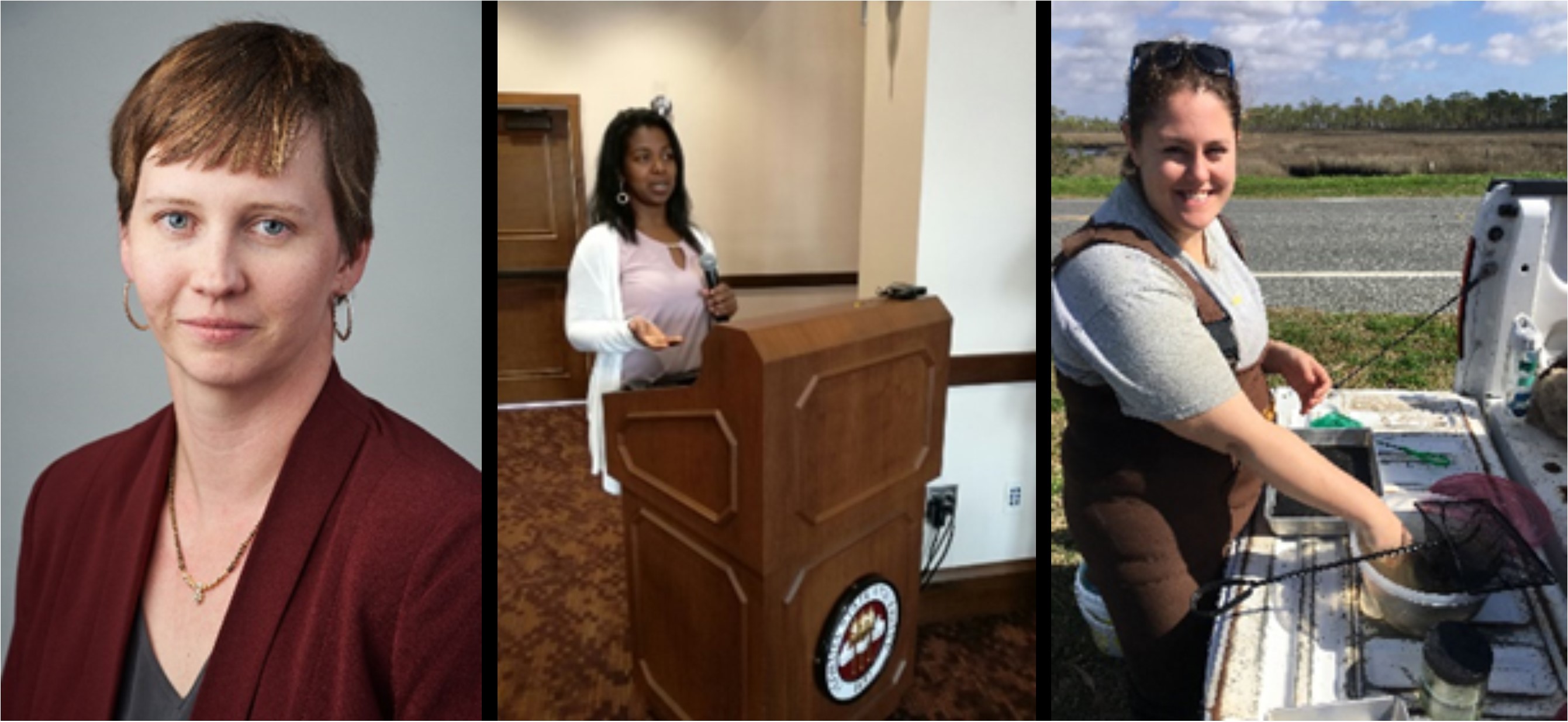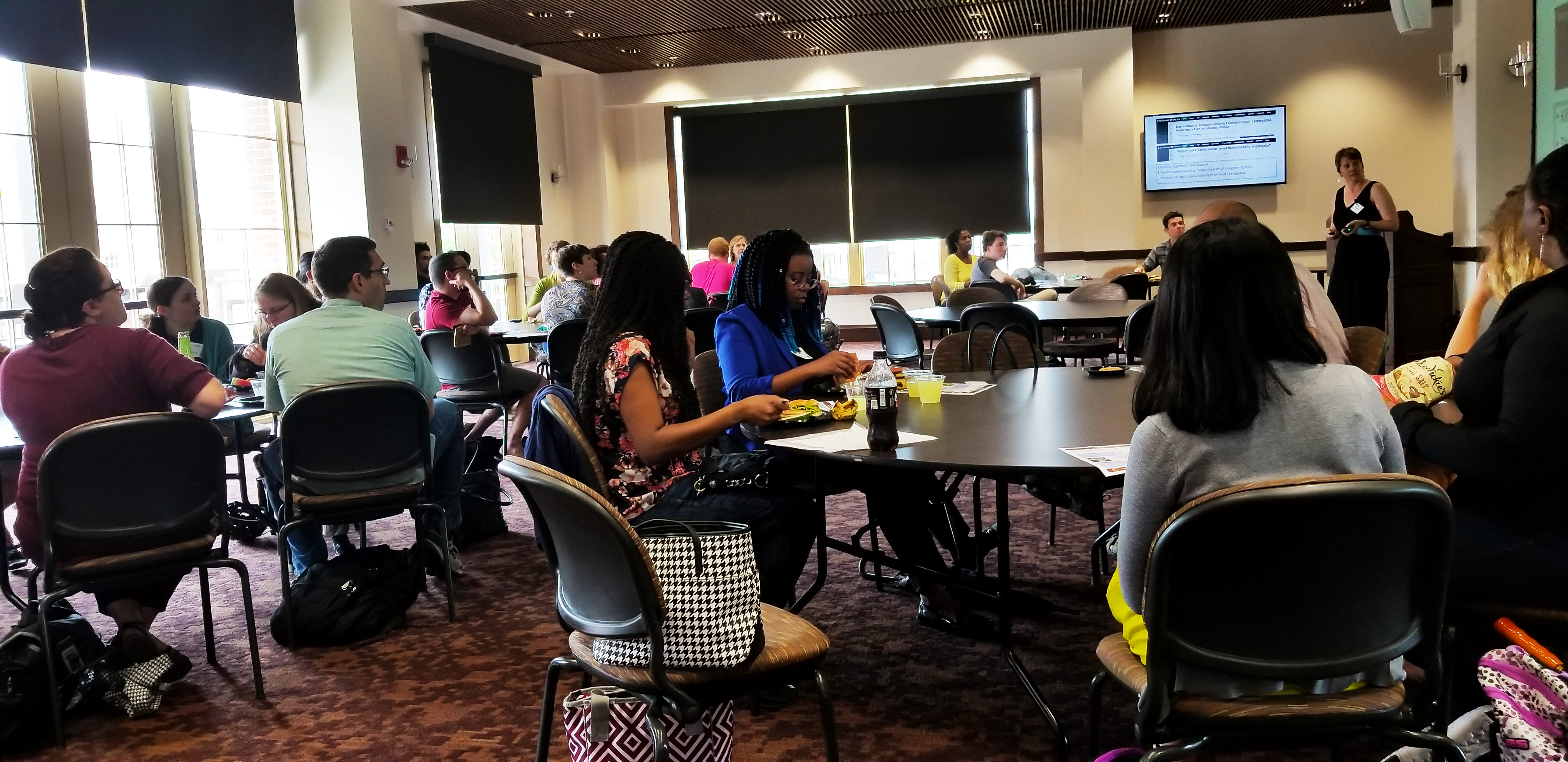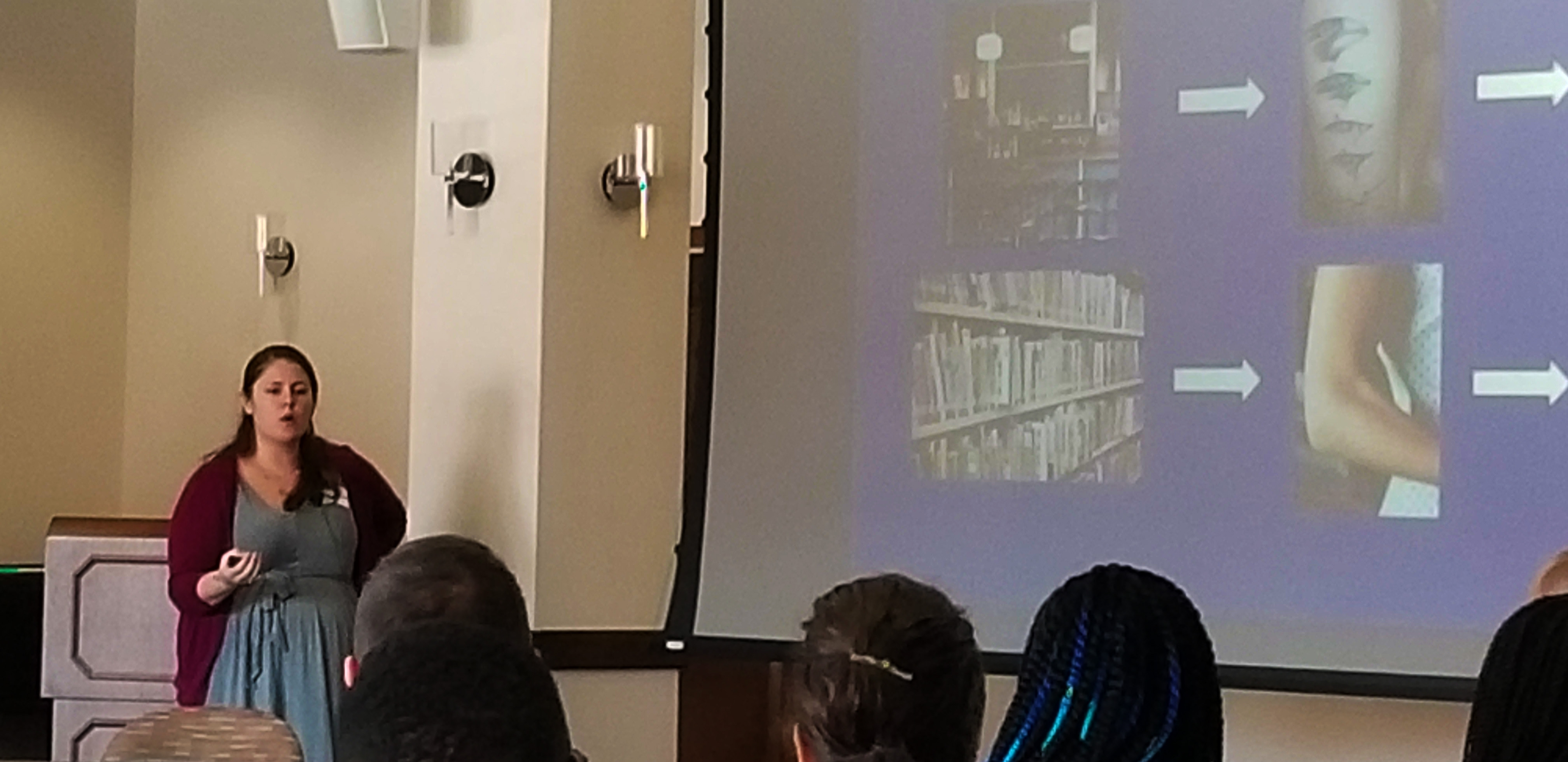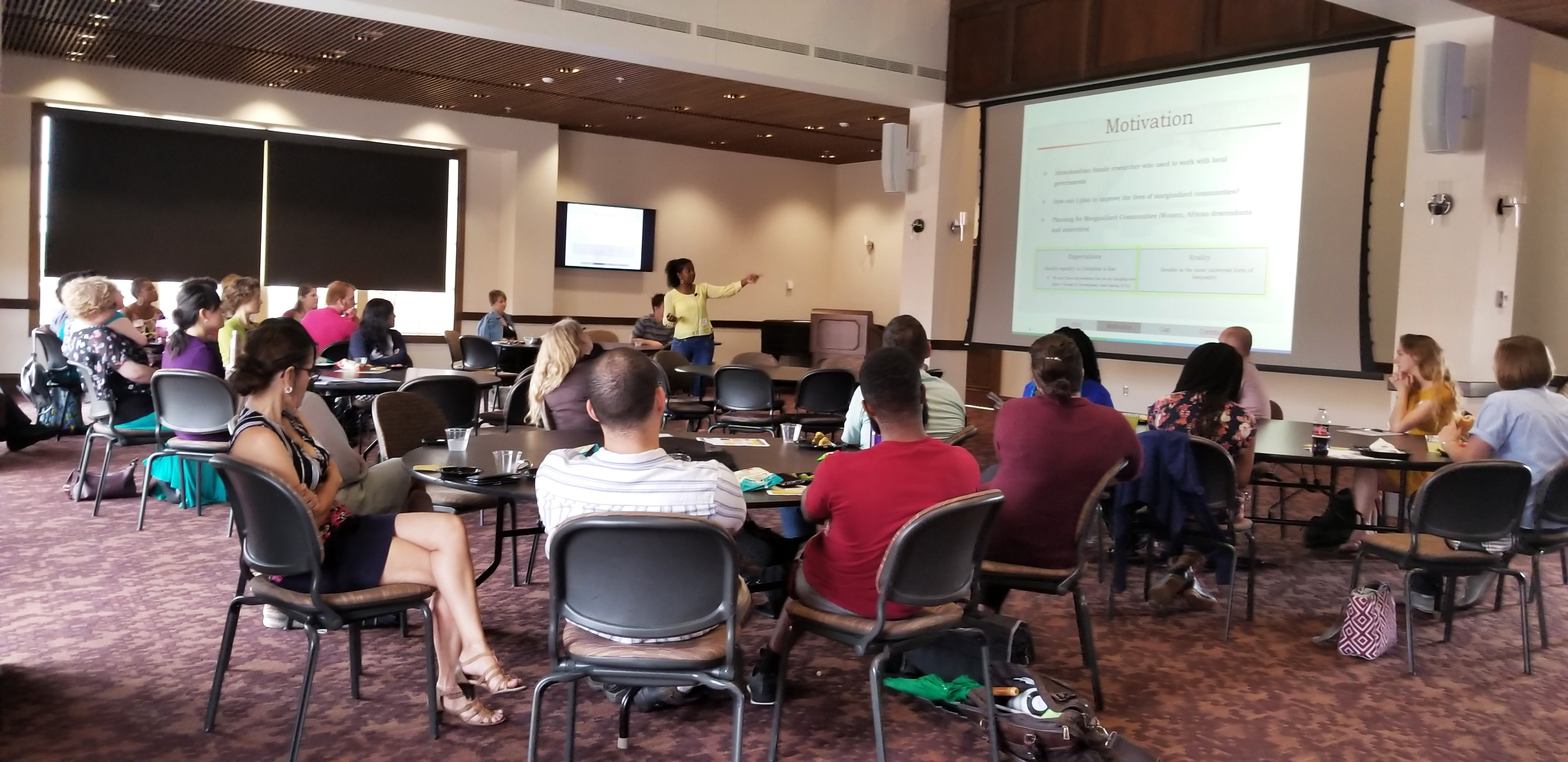Fellows Society Research Sharing
May 22nd, 2018

Yancili Lozano-Torres, Urban and Regional Planning; Liz Lange, Biological Science
Click here for a one-page handout with all presenter information
Speaker #1: 11:40-11:55 - presentation, 11:55-12:05 - Q&A
Shaleen Miller, Urban & Regional Planning

Title: Equitable Parks: Outcome without Process?
Description: Tallahassee has been singled out as one of the most economically segregated cities in the US. In addition, there have been strong concerns about the racial segregation in the school system. Residents in segregated cities are often stuck in disadvantaged locations due to both market forces and discrimination, and these disadvantaged locations limit opportunities and amenities to change their circumstance (Lens, 2017). I conducted a GIS study of the parks within the city limits, and the results show a surprisingly equitable distribution, favoring the minority and low-SES populations. This holds increasingly true as issues of physical activity amenities (playgrounds) are taken into account (using a modified PARA instrument). I will talk about how the city’s planning has affected this outcome, and in many ways how it has not.

Speaker #2: 12:05-12:20 - Presentation, 12:20-12:30 - Q&A
Liz Lange, Biological Science
Title: Can you trust who you see? Social effects on phenotypic variation
Description: Have you ever wondered why all individuals in a species do not look alike? Individual variation can have important implications, e.g., differences between humans can mean that certain medications do not work well for some individuals. However, understanding why individuals in the same species are so physically and behaviorally diverse is a longstanding puzzle in genetics and evolutionary biology. Many theories that attempt to explain this diversity ignore or underestimate the effects of social environment even though it has the potential to alter development and to affect success in passing on copies of genes to future generations (i.e., Darwinian fitness). Therefore, the social environment can either promote or erode diversity in future generations. My dissertation focuses on how the social environment influences individual variation in traits like age and size at maturity and reproductive behavior, using a small fish, the sailfin molly, Poecilia latipinna, as a model system. Since mollies are gregarious and social environment has been shown to influence adult male behavior, I propose that variability in social conditions can influence the relationships between genes, physical appearance (phenotype), and fitness to maintain LH variation. My presentation for the Fellows Society Research Sharing Luncheon will combine predictions from a theoretical model with empirical results to explain if and how variation in social environment affects the development of adult appearance. My research will determine if social interactions are important in generating and maintaining individual variation in sailfin mollies specifically, and in other species more generally.

Speaker #3: 12:30-12:45 – presentation, 12:45-12:55 – Q&A
Yancili Lozano-Torres, Urban and Regional Planning
Title: What is Needed to Have a City Responsive to Gender Equality? An Analysis of the Colombian Case
Description: Globally, governments and urban planners still struggle to create a strategy where women’s interests are well served (Fainstein and Servon, 2005). Several Latin American countries score higher in the global gender gap index than some developed countries. What are these countries doing? Can their experience shed light in developing strategies to advance gender equality?
This work focuses on Colombia by studying why some municipalities are more progressive than others in advancing gender equality. From a sample of 297 cities, I first built an index of gender responsiveness (GRP) using Content Analysis and then searched for the variables that make a city more gender progressive, using an OLS regression. Results indicate that a city’s response to women’s needs highly depends on the institutional context surrounding the planning process and the characteristics of the people for whom the plan is done.
